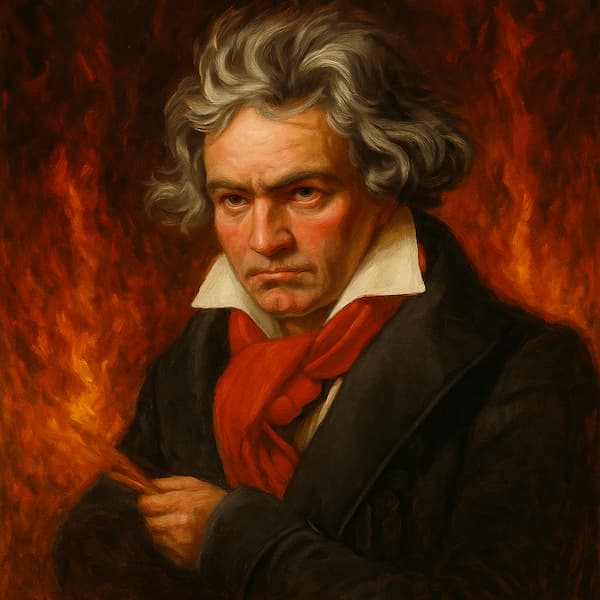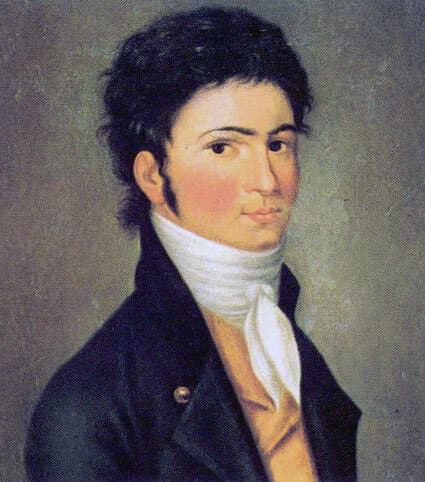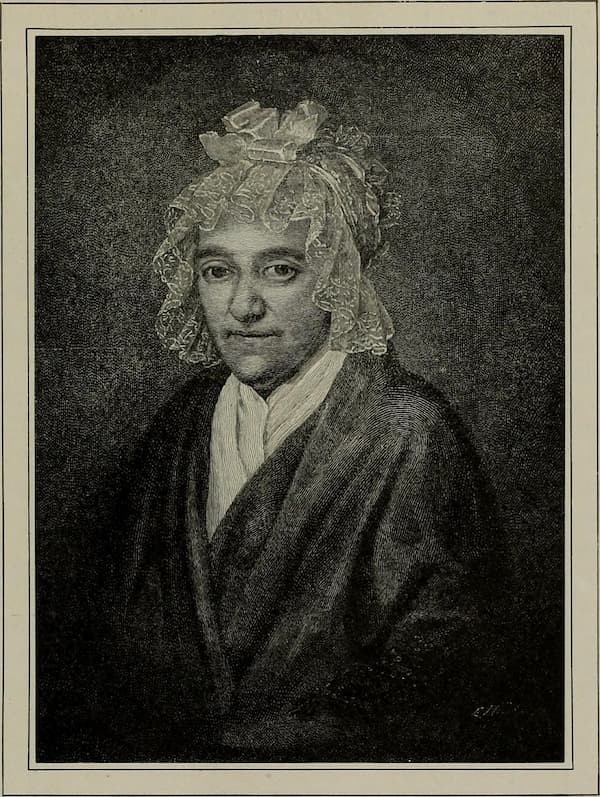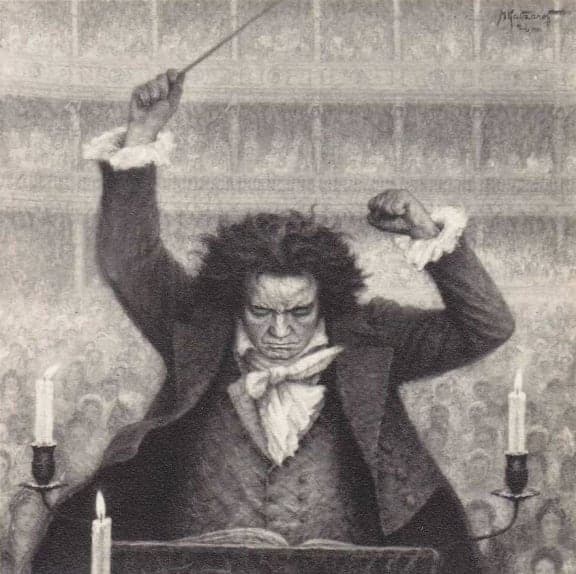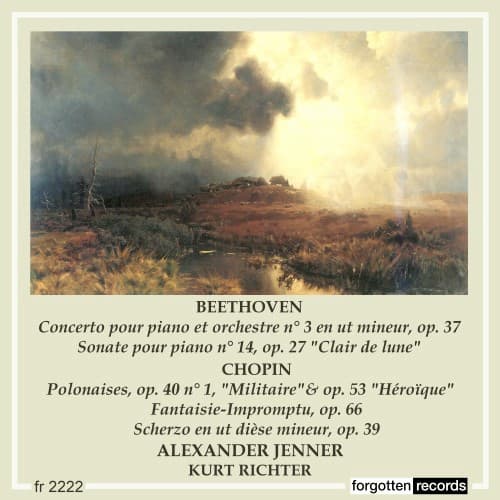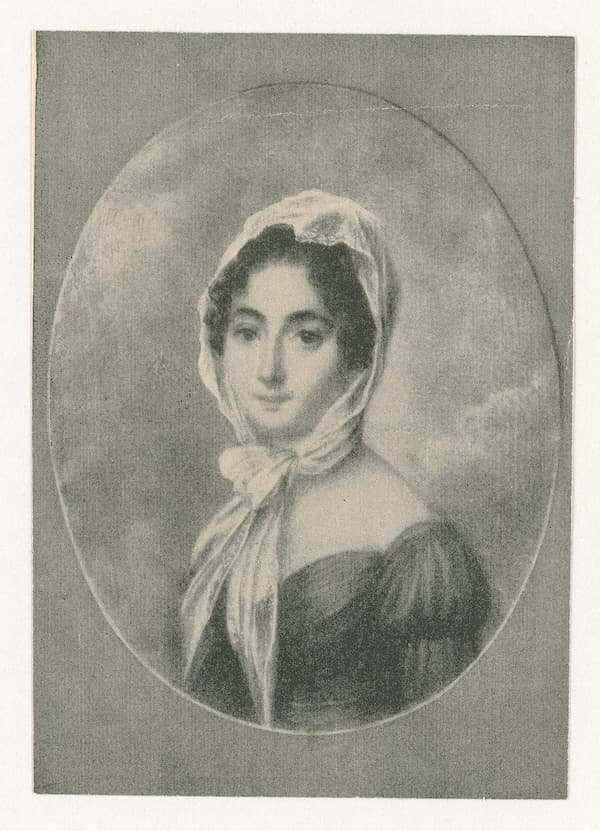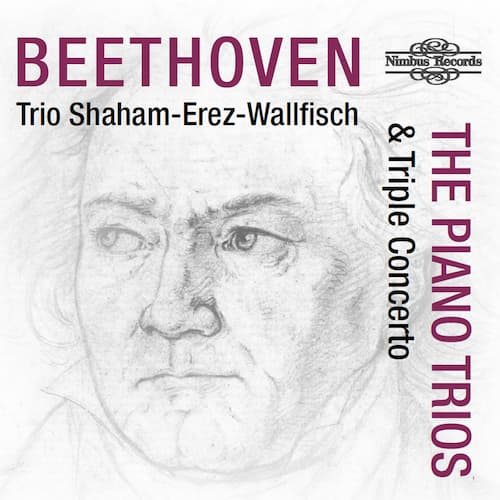Composer Ludwig van Beethoven loved to push music to its limits, both technically and emotionally. How exactly did he do it? He employed a variety of methods, but he especially enjoyed using driving rhythms and intense dynamic contrasts (i.e., quickly
Beethoven
Ludwig van Beethoven was, famously, a freelance musician. He didn’t work as a Kapellmeister in a court or an organist in a church. Then, as now, it wasn’t easy to cobble together a living as a working freelance musician. Over
Maria Magdalena Keverich Beethoven, the mother of Ludwig van Beethoven, tends not to play a major role in retellings of the great composer’s life. This is a shame, because her life and death reverberated through her son’s life. Speaking more
It was May 7, 1824, and Vienna’s Kärntnertor Theater was about to witness history—or possibly a musical trainwreck. Beethoven, profoundly deaf, took the stage for the premiere of his Symphony No. 9 in D minor. The night would turn out
When he finally arrived in Vienna as a permanent resident in 1795, Beethoven fit into an interesting hiatus in the city’s music life. Mozart‘s recent death left a place open for a daring piano virtuoso and composer. In his first
Who was Beethoven’s Immortal Beloved, the woman who inspired a passionate, unsent love letter written in the summer of 1812? Her identity is a question that has preoccupied historians and music lovers for generations. One of the most likely candidates
When Ludwig van Beethoven went to Vienna in 1792, he was coming expecting to become Mozart’s successor. Mozart had died in early December 1791, and Beethoven came with the praise of the German composer and organist Christian Gottlob Neefe (1748-98)
Korean-American pianist Julian Jaeyoung Kim made a bold statement with his debut CD, ‘Brahms Resonances’, featuring Brahms’ Piano Sonata No. 3, Op. 5, and the Variations on a Theme of Paganini, Op. 35 (Read our review here). Now, in his

